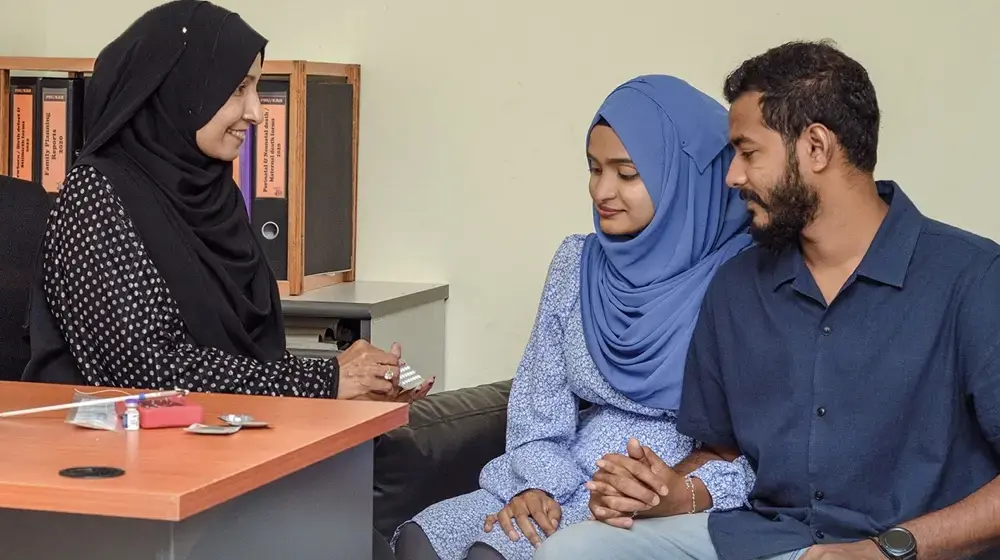“An integrated system in a single location”
“An integrated system in a single location”
Sameena Mohamed is the Senior Community Health Officer and Head of the Public Health Unit at Kulhudhuffushi Regional Hospital in the Maldives. She is responsible for the reproductive health for women and girls in the community and the surrounding atolls.
Sameena has been at the hospital since 2003 and feels there has been progress in how the community responds to sexual and reproductive health. But she says open discussions about violence are more difficult. “When we talk about gender-based violence, it is something people do not talk about openly in the community,” Sameena says.
As part of data reporting, every three months her unit would compile the cases related to gender-based violence and report to the Ministry of Health. Despite the frequent signs of violence, Sameena says there was a problem with lower-than-reality rates because of a reluctance to report incidents. “When someone comes to the doctor because of any abuse or violence, very often women do not want to report.”
“When someone comes to the doctor because of any abuse or violence, very often
women do not want to report.”
With integrated services at a DFAT-funded women’s health center, Sameena combines antenatal checkup, postnatal couple sessions on family planning along with gender-based violence counseling support and youth engagement on reproductive health in one accessible center.
Sameena has noticed a shift in community attitudes about family planning and contraception. “When I joined here, people did not know much about modern contraceptive methods,” she says. “There are still a lot of people who do not know that contraceptive methods are available free of charge.”

To build trust with young couples and help start a dialogue about options, Sameena and her colleagues introduced meetings with new couples through the magistrates court. “We started counseling sessions for newly married couples,” she recalls. “We introduce them to information about the available family planning service methods and sexually transmitted infections.”
Sameena says the couples sessions lay the foundation for a trusting relationship with local health professionals. “We have sessions for newly married couples so whenever they are ready to try contraception methods, they will come to us.” Sameena says it is important to create a connection with girls before the marriage sessions. “When we give information when they are adolescents, when they get married, they already know this. Whatever concerns they have, they will get accurate information from us.”
The public health unit also offers contraceptive methods free of charge and group sessions for pregnant women and their husbands.
“Women did not want to go to Malé city because the COVID-19 situation was so bad. We have limited resources here, but we tried our best to manage and we got through it together.”
She says the pandemic was a significant challenge in the Maldives. The country was in lockdown and it was hard to transfer or refer pregnant women to the capital in Malé. “Women did not want to go to Malé city because the COVID-19 situation was so bad. We have limited resources here, but we tried our best to manage and we got through it together.”
With integrated services at a DFAT-funded women’s health center, Sameena is finally able to combine antenatal checkup, postnatal couple sessions on family planning along with gender-based violence counseling support and youth engagement on reproductive health in one accessible center.
Sameena and her colleagues will do registration, consultation, and health education in the newly refurbished section of the hospital. “There is going to be an integrated system in a single location,” she says. “The center will offer reproductive health services including antenatal care, postnatal care, family planning, gender-based violence and adolescent’s and women’s clinic.”
“The center will offer reproductive health services including antenatal care, postnatal care, family planning, gender-based violence and adolescent’s and women’s clinic.”
The construction costs were covered by DFAT and other resources like furniture and computers were provided by UNFPA. “We are grateful to UNFPA and DFAT for supporting us to establish this center. It has been a dream of mine for fifteen years to have a place like this in our hospital.”
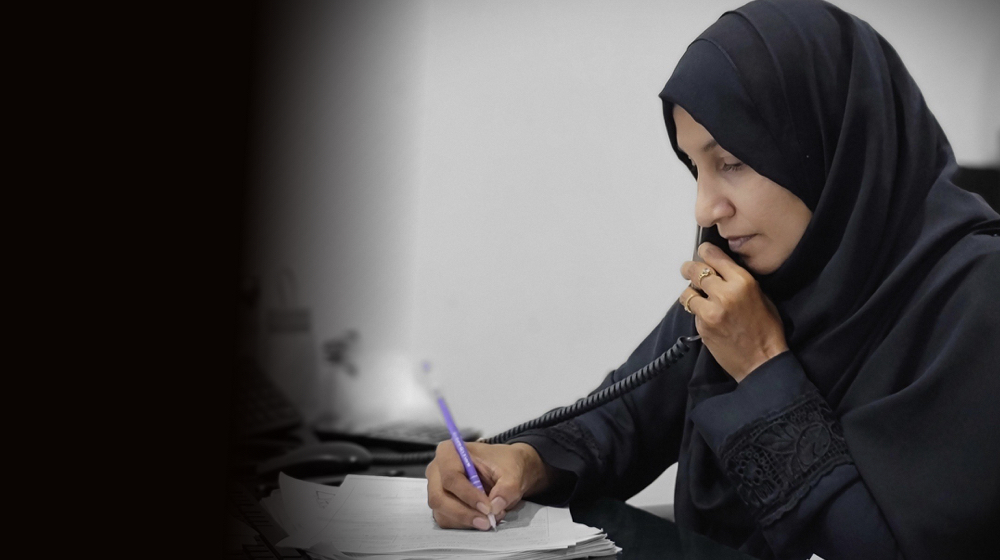
Sameena says the center will help them improve communication with the community and monitor cases more carefully. With a devoted space for families, she hopes it will bring more men into the discussion.
While the sessions with newlyweds helps, Sameena says the conservative culture in the Maldives means that men are unlikely to be involved in family planning. “Very few couples come together and very few of the men will come alone to the service,” she admits.
Sameena hopes the more inclusive and integrated design will encourage men to get involved and better support their wives to access reproductive health.
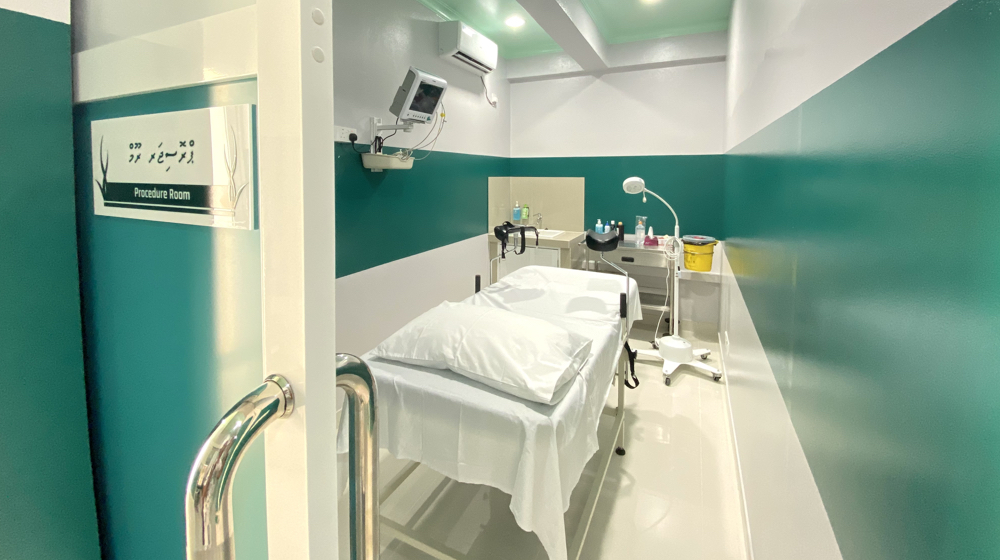
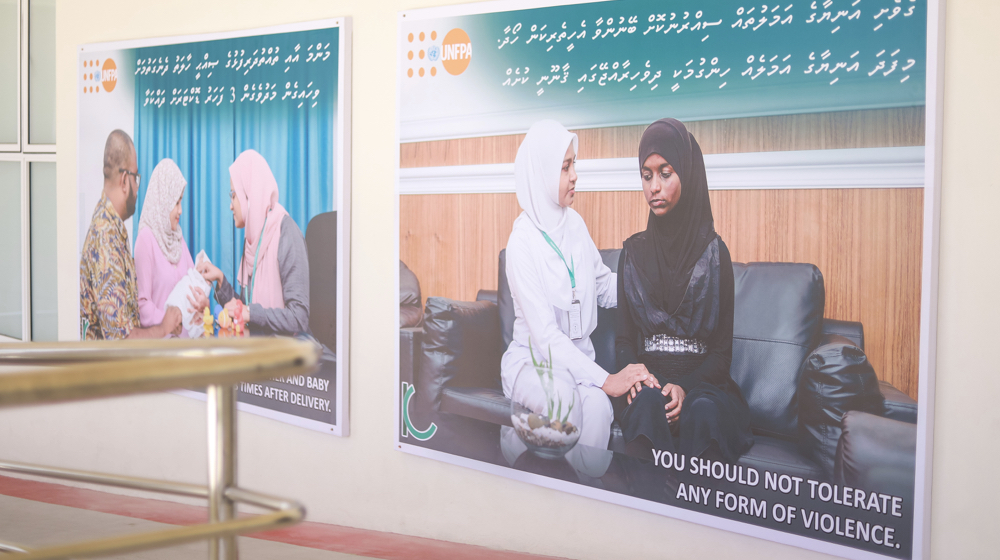
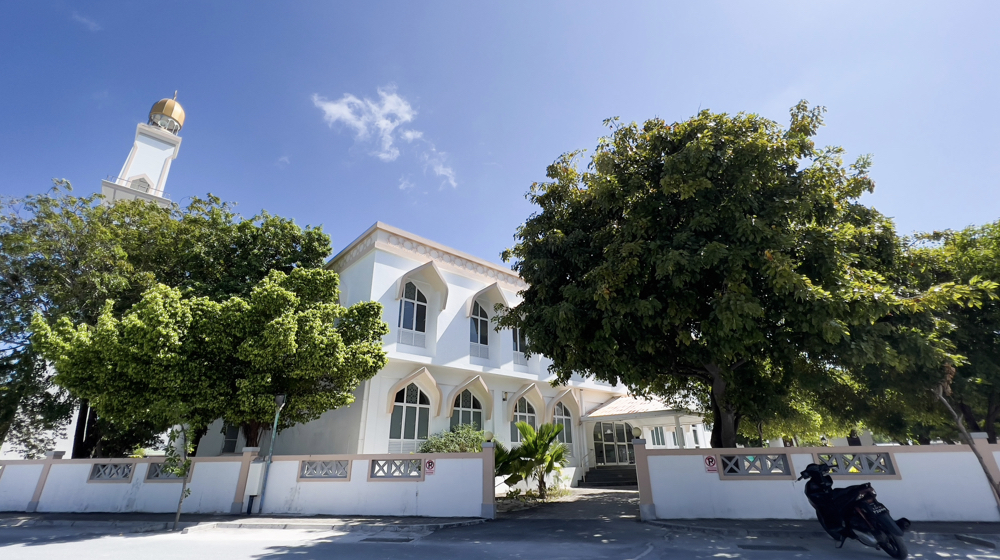
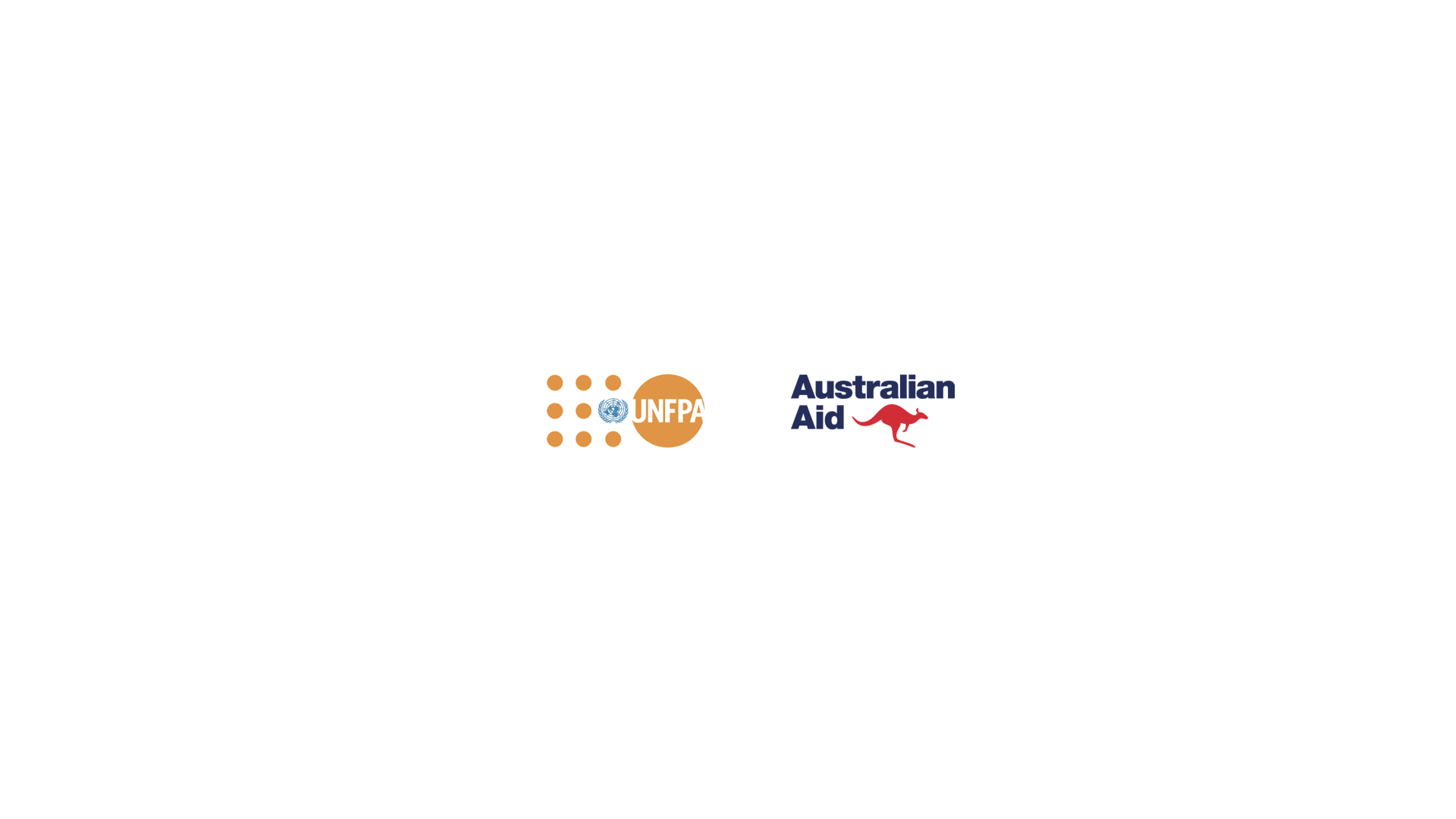
This work was made possible through funding from the Government of Australia, Department of Foreign Affairs and Trade (DFAT) in support of a regional COVID-19 project implemented by UNFPA and partners.

